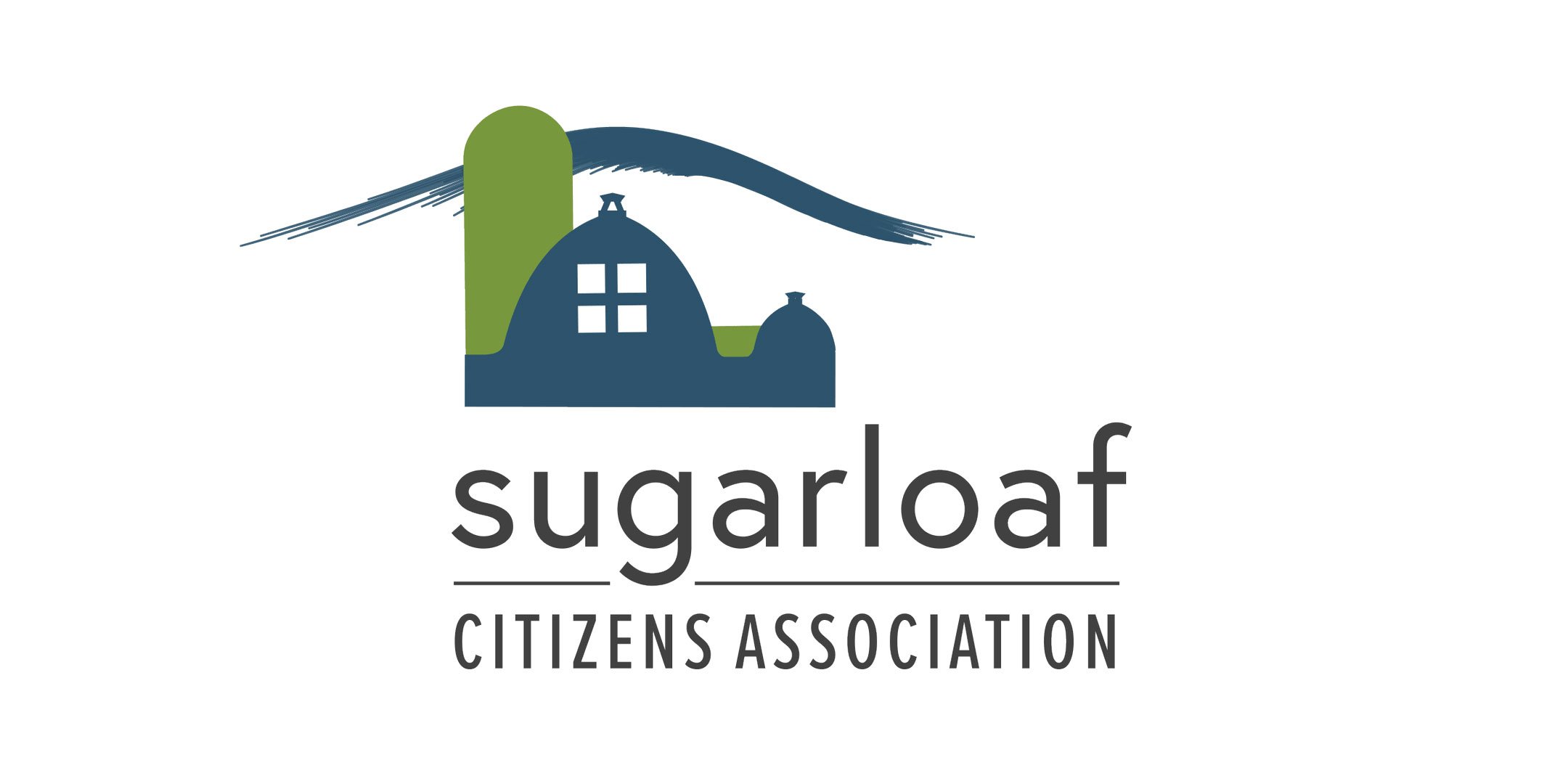Background on Private Campgrounds in Agricultural Zoning
ADDENDUM/BACKGROUND
The most often-cited example of agri-tourism nationwide is a vineyard. Many vineyards and wineries—nationally and in the Mid-Atlantic area—allow visitors to see how grapes are cultivated and how wine is made, sample the products on site while socializing, and buy wine to take home. Farms that grow the raw ingredients for beer (grain, barley, hops) operate on much the same model, with on-site breweries.
Home to approximately 400 wineries, Napa and Sonoma counties in California have the highest concentration of vineyards in the country. Some large wineries in this region offer overnight accommodations, but the vast majority do not. Visitors more commonly stay at hotels, motels, B&Bs and Airbnbs in nearby towns. The same trend exists in other areas of the U.S. where wineries and breweries operate.
Accurate national data on overnight lodging on working farms (of any kind) is not available. And while articles and commentary found on the internet suggests that both agri-tourism and overnight farm stays are on the rise, there’s no clarity on the magnitude of the growth and what form overnight stays take—camping, glamping, RVs, B&Bs, Airbnbs, etc. Airbnb data cited in a 2019 article indicates that just under 944,000 people stayed for 745,000 nights at farms listed on Airbnb between February 2018 and February 2019.
Two organizations are at the forefront of the farm-stay movement nationwide. They are Hipcamp and Harvest Hosts.
Founded in 2013, Hipcamp is international and has been dubbed the Airbnb of overnight stays at farms and vineyards. But Hipcamp listings also cover stays at ranches, nature preserves, and public campgrounds. As the company’s name suggests, Hipcampers sleep only in tents or under tarps.
Hipcamp’s website does not breakdown the number of campers at their sites except to say: “tens of thousands of landowners have opened their gates to… Hipcampers, who have spent more than 10 million nights under the stars,” in public parks around the world and on “5 million acres of beautiful private land.”
Noteworthy: the Maryland Farm Bureau recently partnered with Hipcamp to draw attention to the company’s hundreds of Maryland offerings.
Harvest Hosts, by contrast, aims at the RV and tow-behind trailer crowd. It specifically excludes tent camping. A $99 annual fee gets you access to a network of 1,885 wineries, breweries, distilleries, farms, and other tourist sites that offer a total of just under 5,000 RV parking sites in the U.S. and Canada. RVs or trailers must have a toilet, water tank, cooking facilities, and their own power. No electric hook ups or bathing facilities are provided, such as one would find at a commercial RV facility.
